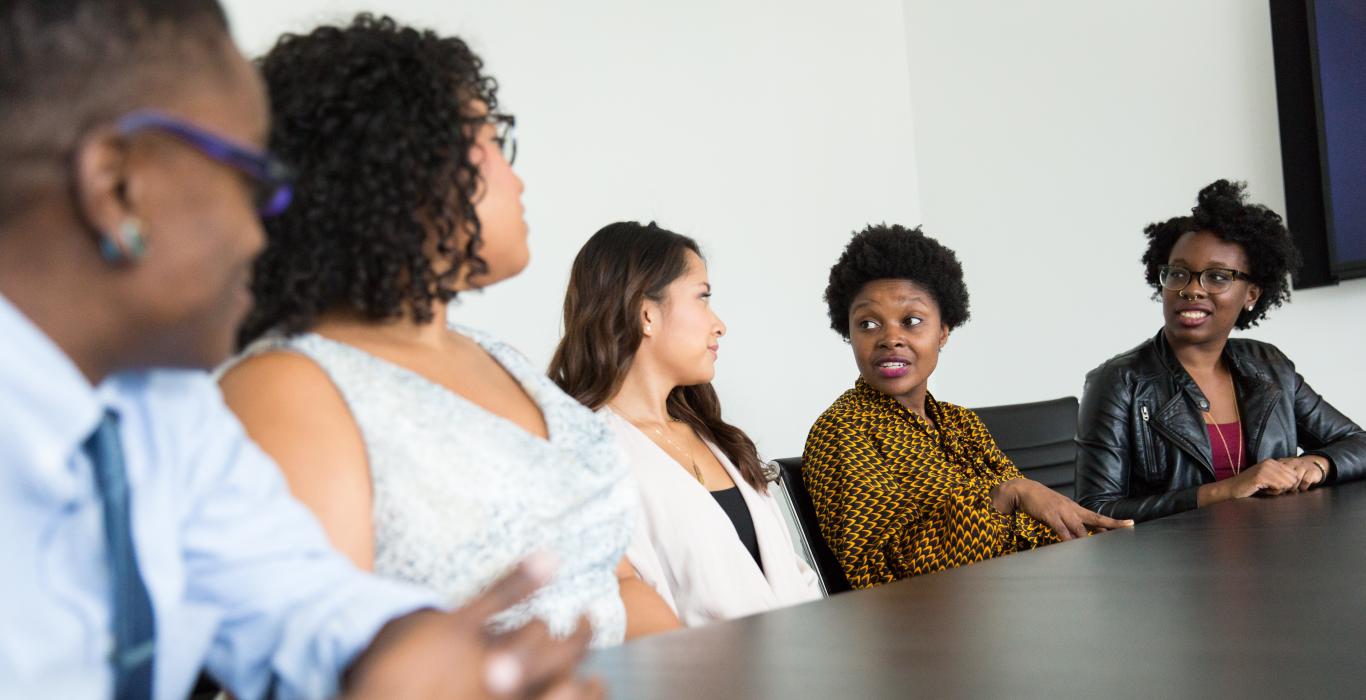Committee and Consultation

Parliamentary committee studies and government consultations are a great way for nonprofits to get involved in policy and legislation, raise awareness about issues, and connect with MPs.
There are always many issues that Parliamentarians want to address, but only so much they can cover during regular sittings of the House of Commons or Senate. Committees allow Parliamentarians to study issues in depth, to hear from experts and stakeholders directly, and to ensure that all proposed legislation is thoroughly examined. These studies are a great way for charities and nonprofits to have their voices heard and to get involved in the legislative process.
How to get involved in committee studies
First, get informed:
- Look at the list of House of Commons committees and Senate committees to figure out which committees are engaged in work that is of interest to your organization.
- Click on the committees you’re interested in to see what studies are in progress or are planned, the committee's meeting schedule, and its membership.
- Determine whether there are any studies your organization would like to get involved in.
- Shortcut: You can subscribe to the Early Alert newsletter to stay up-to-date about ongoing committee studies relevant to the nonprofit sector.
Second, have your say:
- In some cases, such as during the annual pre-budget consultation process, a committee will issue a call for submissions related to a particular study. Follow the instructions provided by the committee to get involved.
- If the committee hasn’t issued a call for submissions, you can still contact their clerk for info. This can be done using the contact information on the committee’s webpage.
- You can submit a written brief on the topic the committee is studying, request to appear before the committee as a witness, or do both. Use this resource to prepare a written brief and this resource to prepare to appear as a witness.
Third, follow the committee study outcome:
- Committees issue reports at the end of each study. We recommend that you read the report to see if your input was included. The report’s contents can be mobilized among supporters or contacts in government to further raise awareness and push for policy change.
The presentation of the federal budget is one of the most politically significant moments of the year. It is when the government announces new spending and unveils many of its legislative priorities. At the same time, the presentation of the budget is just one part of a year-long budget cycle - one that provides lots of opportunities for charities and nonprofits to get involved.
We’ve put together some resources to help you navigate the pre-budget consultation process more smoothly:
Government consultations are a great way to get involved in the policymaking process and influence policy decisions. When a government launches a consultation, they are saying “we need to make a decision on a certain issue, and we want to hear from individuals, experts and organizations about what they think we should do!” What the government hears during the consultation can shape how they move forward and what decisions they take on the issue at hand. Consultations present a rare window of opportunity to advance policy positions, communicate research findings and community experience or generally raise awareness about related issues.
How to get involved in government consultations
First, get informed about what consultations are happening:
- You can visit the federal government’s Consulting with Canadians website to see a list of ongoing consultations.
- Shortcut: you can subscribe to the Early Alert newsletter to stay up-to-date about consultations of particular interest to the charitable and nonprofit sector.
Second, have your say:
- Once your organization decides to participate in a consultation related to its mission area, start by reading the consultation materials provided by the government.
- Next, using the instructions provided by the government, write your submission, relying on your organization’s expertise in its mission area. Often, the government will provide a consultation paper to comment on or a set of questions for participants to respond to (note: you do not have to strictly limit yourself to the format or criteria they request if you feel it is important to raise other related issues!).
- Every consultation has a deadline, so make sure that you submit on time.
Third, follow the consultation results:
- The government will often issue a report summarizing or responding to the input they received during a consultation. These reports also often include information about the next steps they intend to take on the issue at hand (which may present further opportunity to weigh in on the issue).
House of Commons
House of Commons
House of Commons
Imagine Canada, 2023
Imagine Canada, 2025
Imagine Canada, 2024
Imagine Canada, 2024
Imagine Canada, 2023
Imagine Canada, 2023
Imagine Canada, 2022
Imagine Canada, 2021
Imagine Canada, 2021
Imagine Canada, 2019
Imagine Canada, 2023
Imagine Canada, 2022
Imagine Canada, 2021
Imagine Canada, 2021
Get the latest in policy, advocacy and research news impacting the nonprofit and charitable sector. Our weekly Early Alert newsletter is curated to deliver the most important Government announcements, legislative updates, data, calls for policy or RFP submissions, advocacy campaigns, and opportunities to get involved in policy and advocacy.